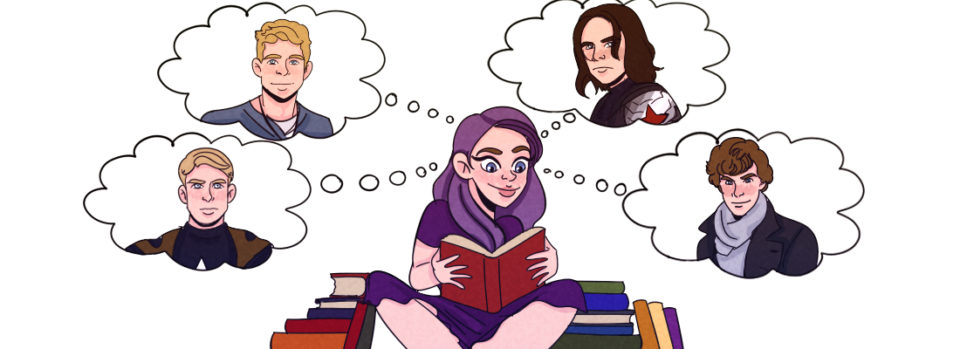The Dream Killers
“The Dream Killers” is geared for fans of “Once Upon a Time”. The first season (2013-2014) consists of 6 novellas called episodes. It follows River as he tries to escape the pirate Captain Bo, the guardians of the Sea of Dreams, the runners, the elders, and the master mechanics.
Captain Bo is after the dreamnet that River stole from him. He uses it to capture dreams to power devices for all those who sail the Sea of Dreams. They’re all the Nightmare Realm’s failures. They have no place and no purpose. Some are good. Some are bad. Most are just in it for themselves. Bo doesn’t care what price he has to pay in order to get the net back from River.
The guardians of the Sea of Dreams are also after that net, and all those like it. The nets are dream killers, and the guardian Teandra has sworn to destroy any who hold it.
The runners, elders, and master mechanics are searching for any rogue Dreamlander. They need strange gifts, anything of power they can use to bring down Dreamland and rebuild her in their image.
As River struggles to figure out who and what he is, he also has to protect Bo from the sea’s guardians, the kids he’s collecting from the rabid dreamplanes, and himself from a mysterious force that seeks to send him back to where he came from–wherever that might be.
Each episode takes River, his merry crew, and our set of villains through adventures where we discover nuggets of information that will help the heroes in the main novels (Dreamland Stories – Nightmare’s Dream). Each “Dreamland Story” novel can be read as a stand-alone, but there are tons of compelling nuggets that will be revealed through reading each book, and the supporting stories of “The Dream Killers”.
 Graveyard of Dreams (The Dream Killers #1)
Graveyard of Dreams (The Dream Killers #1)
My name’s River, and I’m a dream killer.
The Sea of Dreams spat me out without any memories of who was or where I came from. I’ve spent years traveling Dreamland in our gypsy caravan, searching for clues. All I’ve discovered is that the all-powerful elders are collecting people like me—Dreamlanders who don’t fit in.
Then I met a man who sails the Sea of Dreams, the one place all Dreamlanders fear. One touch of those ocean waves could shred the soul. Yet, he’s like me. He can hear the water’s whispers, touch her waves, and watch her dreams. My answers are out there—on his ship, on that sea.
Somewhere out there is the graveyard of dreams.
Dream Killers will be FREE from January 8th to 11th.
Download your copy from Amazon.com
SM “Frankie” Blooding lives in Colorado with her pet rock, Rockie, and Jack the Bird. Jack has refused to let her to take up the piano again, but is warming to the guitar. It might help that Frankie has learned more than two strings. She’s added a few more Arabic words to her vocabulary, but don’t invite her into conversation yet—unless, of course, you’re willing to have a very . . . slow . . . conversation.
She’s dated vampires, werewolves, sorcerers, weapons smugglers and US Government assassins. Yes. She has stories.
BookBlast Giveaway
$50 Amazon Gift Card or Paypal Cash
Ends 1/31/14
Open only to those who can legally enter, receive and use an Amazon.com Gift Code or Paypal Cash. Winning Entry will be verified prior to prize being awarded. No purchase necessary. You must be 18 or older to enter or have your parent enter for you. The winner will be chosen by rafflecopter and announced here as well as emailed and will have 48 hours to respond or a new winner will be chosen. This giveaway is in no way associated with Facebook, Twitter, Rafflecopter or any other entity unless otherwise specified. The number of eligible entries received determines the odds of winning. Giveaway was organized by Kathy from I Am A Reader, Not A Writer and sponsored by the author. VOID WHERE PROHIBITED BY LAW.



























